The Power of Sentences
Louise Erdrich’s new novel is a persistent implicit commentary on the importance of words—and the communities forged by words—in the face of the traumas that haunt individual and collective lives.
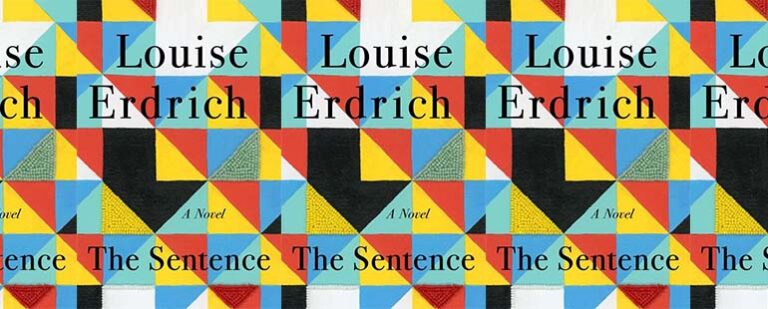
Louise Erdrich’s new novel is a persistent implicit commentary on the importance of words—and the communities forged by words—in the face of the traumas that haunt individual and collective lives.
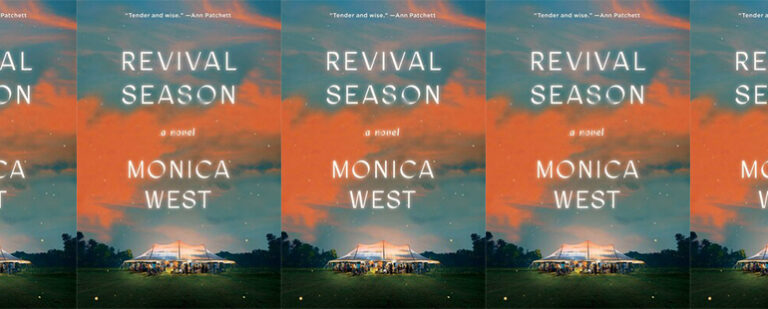
Monica West’s debut novel exposes the inevitable risks and losses that come along with disentanglement from family and church structures. Her protagonist’s strength, coming-into-power, and voice are compelling, but they are costly.
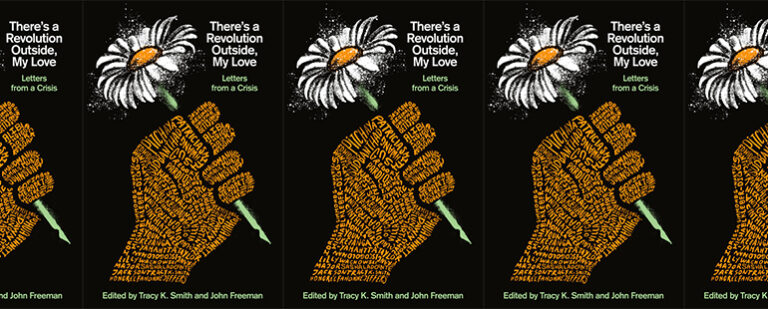
The new anthology, edited by Tracy K. Smith and John Freeman, documents last summer’s period of quarantine and protest, bewilderment and commitment. Over the pages, the resonances build like voices gathered in a street singing justice songs.
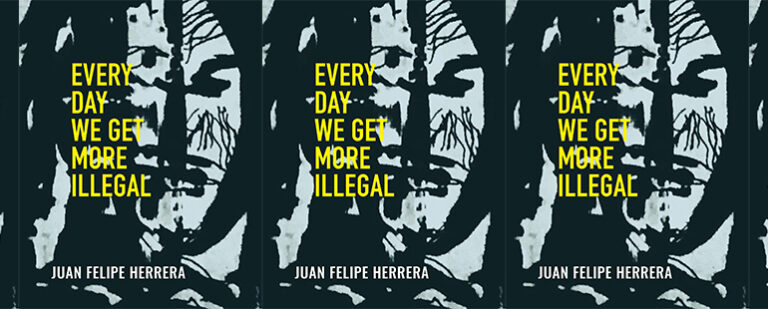
Juan Felipe Herrera’s 2020 poetry collection suggests that to sustain the kind of attention that leads to embodied care, to structural justice and community support, we will need both rage and dancing, ranting indictments and ancestral wisdom. Outrage and tenderness are not competing forces but mutually sustaining.
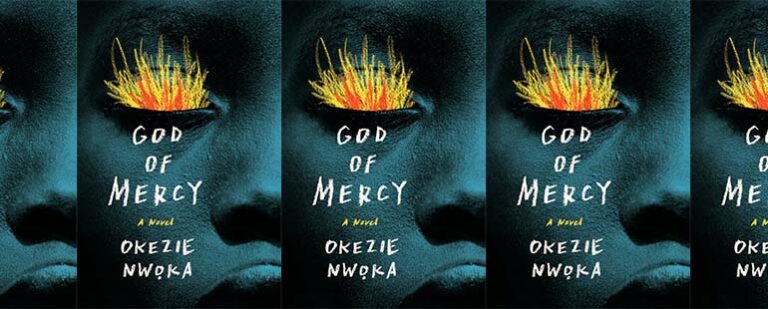
Okezie Nwọka’s debut novel continues a powerful literary lineage of works representing Igbo resistance to colonial pressures. Nwoka’s book focuses on the tradition itself, treating it not as a fatally flawed or romanticized stable inheritance, but a living system that is not beyond change.
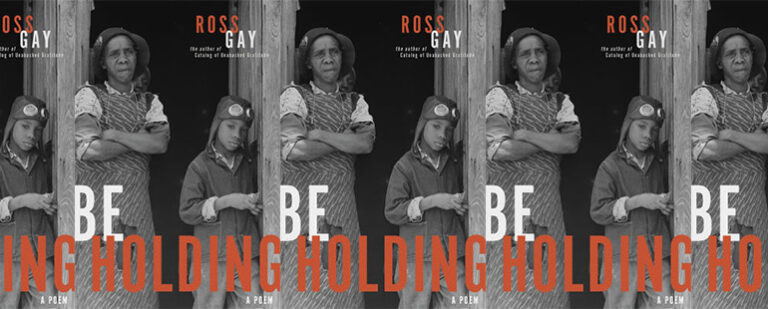
Ross Gay’s book-length poem suggests that within the horror show of objectified Black pain and the not-finished history of stolen Black bodies, the answer is a community that holds each other with care and beholds in Black lives not just suffering but life, dignity, complexity—and joy.
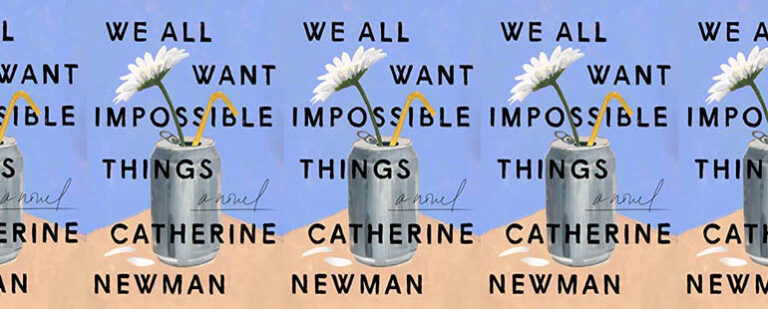
Catherine Newman’s new novel is a paean to kindness, to the kind of friendship and family relationships that unabashedly avow their love and affection, that cuddle and enthuse and share delicious food and drink and lean hard into humor.
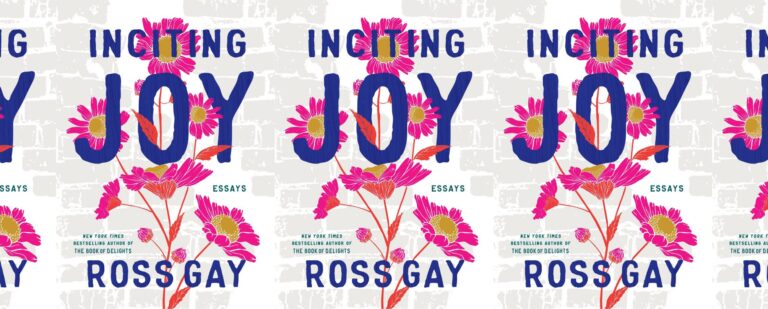
The fundamental thesis of Ross Gay’s new collection may be that joy, along with its cousins gratitude and delight, is itself political: not only do various experiences incite joy, but joy itself incites connection and even something like an ethic of care, a movement toward justice.
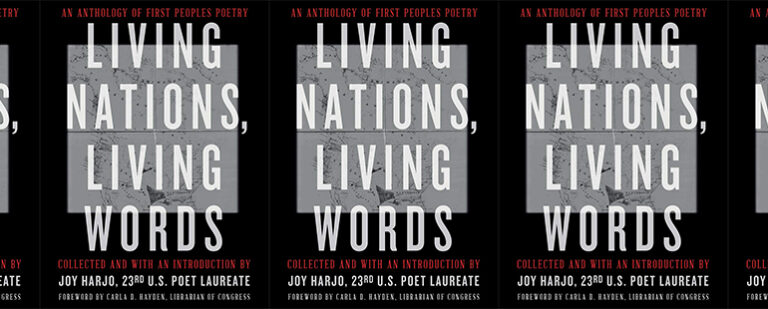
Joy Harjo’s signature project as the twenty-third U.S. Poet Laureate is one of mapmaking: gathering poems by forty-seven Native Nations poets in a cartography of voice. This poetic map acknowledges other maps of colonial violence and erasure, and while poetry can offer no full answer to the pain, it can bear witness.
No products in the cart.